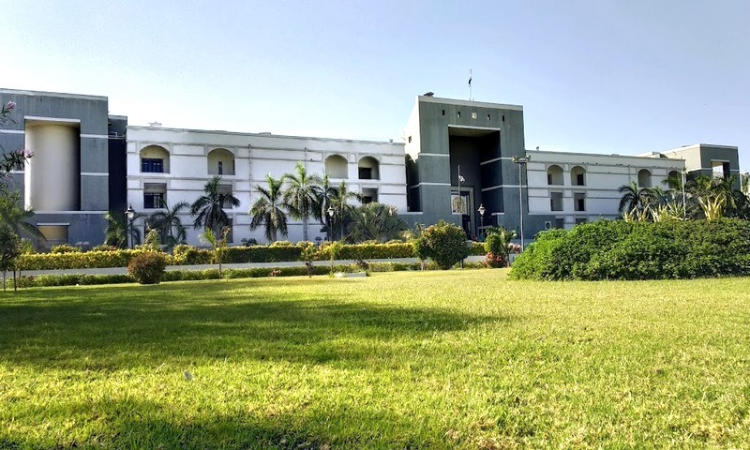Arbitrator Cannot Be Appointed Over A 'Dead Cause Of Action' Barred By Law Of Limitation: Gujarat High Court
PRIYANKA PREET
11 Aug 2022 4:00 PM IST

Next Story
11 Aug 2022 4:00 PM IST
The Gujarat High Court has held that a party cannot be allowed to seek appointment of arbitrator over a "dead" cause of action or to revive a claim which is barred by the Law of Limitation. "Normally the issue of limitation being question of fact/s and the Law governing the same would be procedural, it would always be open for the Arbitral Tribunal to decide based on the facts that may...
